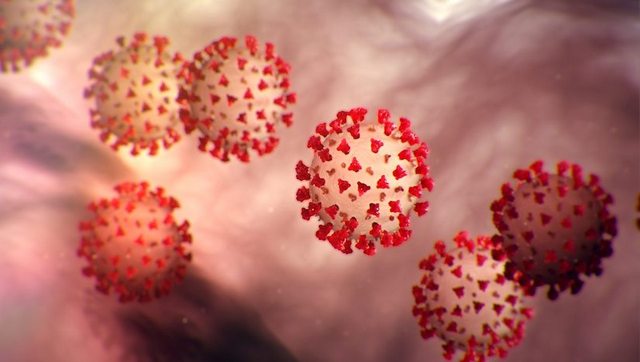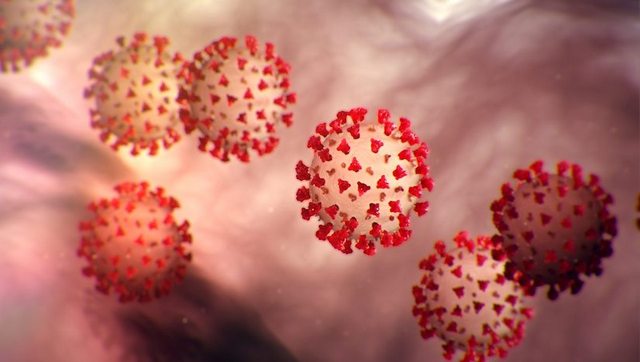Amid the search for a COVID-19 cure, doctors have been repurposing various drugs to give symptomatic relief to the patients. Among them is a cancer drug acalabrutinib (commercially available as Calquence), by a British-Swedish pharmaceutical company, AstraZeneca. The drug has previously been approved by the food and drug administration (FDA) in the US, for the treatment of chronic lymphocytic leukaemia, a type of blood cancer. A recent study done on the drug showed that acalabrutinib can prove to be beneficial for COVID-19 patients. The study is being done on a preliminary basis and the drug has not been approved as a treatment for COVID-19 patients yet. Study: The new cancer drug for COVID-19 patients A study, published in the journal Immunology on 5th June 2020, stated that a new cancer drug, acalabrutinib, can help in relieving the symptoms of respiratory distress in patients with severe COVID-19. The study was led by various researchers from the National Institutes of Health, National Military Medical Center of the US and four other hospitals. [caption id=“attachment_8409761” align=“alignnone” width=“640”]  Image credit: CDC[/caption] The study included 19 patients who had a confirmed diagnosis of COVID-19. The patients presented with low blood-oxygen levels and increased inflammation in the body. Out of these 19 patients, 11 patients had been receiving oxygen from an external source and the eight others had been on ventilators for a minimum of 1.5 days (while the range was from 1 to 22 days). All these patients were given acalabrutinib for at least 12 days along with the required treatment. Results of the study The primary results of the study stated that after receiving the drug, within one to three days, breathing and inflammation of the majority of patients in the supplemental oxygen group improved significantly. Out of these 11 patients, eight came off the external oxygen support and were discharged from the hospital. Out of the 8 patients who were on the ventilator, two died before the complete course of medication. The doctors reported that these two patients were on the ventilator for too long and had organ dysfunction due to sepsis and renal failure. Out of the remaining 6 patients, four came off the ventilator and two of them were later discharged, but the rest remained critical. How does this cancer drug work? The study showed that acalabrutinib reduced the levels of interleukin-6 (IL-6) in the blood, which is otherwise responsible for creating inflammation in the body of COVID-19 patients. The blood samples showed that after receiving the drug, the count of lymphocytes (a type of white blood cell which fights infection) also improved rapidly. On comparing the blood cells of severe COVID-19 patients (who did not receive the drug) with healthy people, the scientists found that the patients with severe COVID-19 had a higher amount of Bruton tyrosine kinase (BTK) protein and IL-6 in their body. BTK protein, present in the immune system, along with macrophages (produces inflammation-causing cells), help in producing cytokines in the body. Cytokines are the chemical messengers that stimulate an immune response in the body whenever an infection enters it. In some patients with severe COVID-19, a flood of cytokines gets released by the body at once, which causes the immune system to damage its own organs. This hyperinflammatory state is called a cytokine storm. The doctors found that acalabrutinib targets the BTK protein and thus treats the cytokine storm in the body of patients with severe COVID-19 infection. For more information, read our article on COVID-19 treatment: Scientists are trying out these existing drugs to find a cure. Health articles in Firstpost are written by myUpchar.com, India’s first and biggest resource for verified medical information. At myUpchar, researchers and journalists work with doctors to bring you information on all things health.
A study showed that acalabrutinib reduced the levels of interleukin-6 (IL-6) in the blood, which is otherwise responsible for creating inflammation in the body of COVID-19 patients.
Advertisement
End of Article


)

)
)
)
)
)
)
)
)



